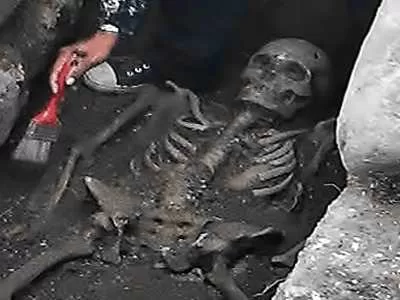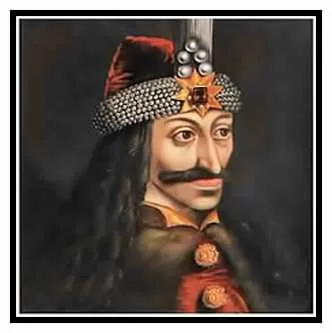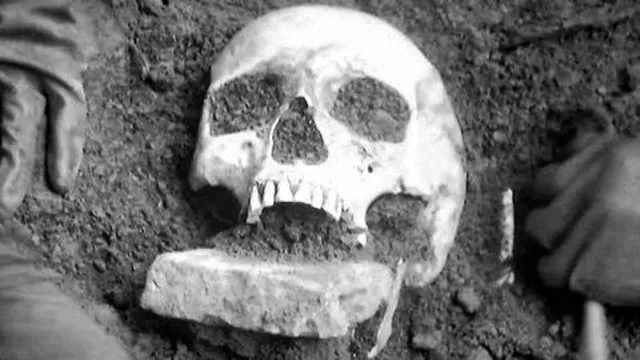If you thought vampires were just the stuff of myths and horror movies, think again. In a chilling discovery, archaeologists in Bulgaria have unearthed two medieval skeletons that were pierced through the chest with iron rods, a practice intended to prevent them from rising as vampires.
These remains were found in the town of Sozopol, near the Black Sea, by Bozhidar Dimitrov, head of the National History Museum. Dimitrov explained that this ancient ritual was once common in Bulgarian villages, particularly up until the early 20th century. The belief was that individuals considered evil or dangerous during their lives could become vampires after death unless an iron or wooden rod was driven through their chest before burial.

Dimitrov’s findings are not unique; over 100 similar burials have been discovered across Bulgaria, highlighting the widespread nature of this superstition. Interestingly, the supposed vampires were often aristocrats or clerics, with no women among the remains—a reflection of societal fears and beliefs at the time. The fear of witches, however, seemed less prevalent compared to the fear of malevolent vampires.
This discovery in Bulgaria is part of a broader tradition of vampire legends throughout the Balkans. In neighboring Serbia and other countries in the region, similar practices were observed. Vampire lore is deeply rooted in the area’s folklore, with the most famous tale being that of Vlad the Impaler, the Romanian ruler who inspired the legend of Dracula.

The fear of the undead wasn’t limited to Eastern Europe. In Venice, Italy, researchers found the remains of a woman buried with a brick jammed between her jaws—a method believed to prevent her from feeding on plague victims during the 16th century. These findings demonstrate that the fear of vampires transcended borders, influencing burial practices across Europe for centuries.
The discovery of these vampire skeletons offers a fascinating glimpse into the fears and beliefs of our ancestors, showing that the legend of the vampire has haunted humanity for far longer than we might have imagined.

